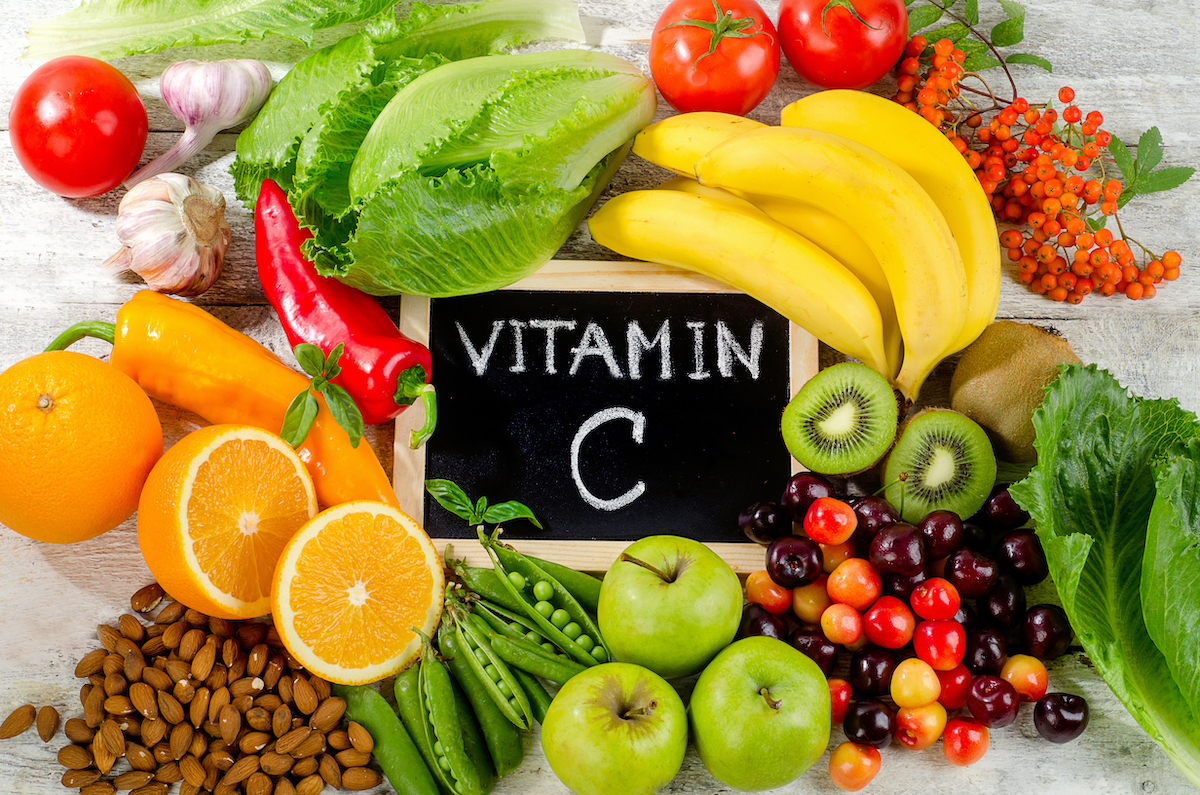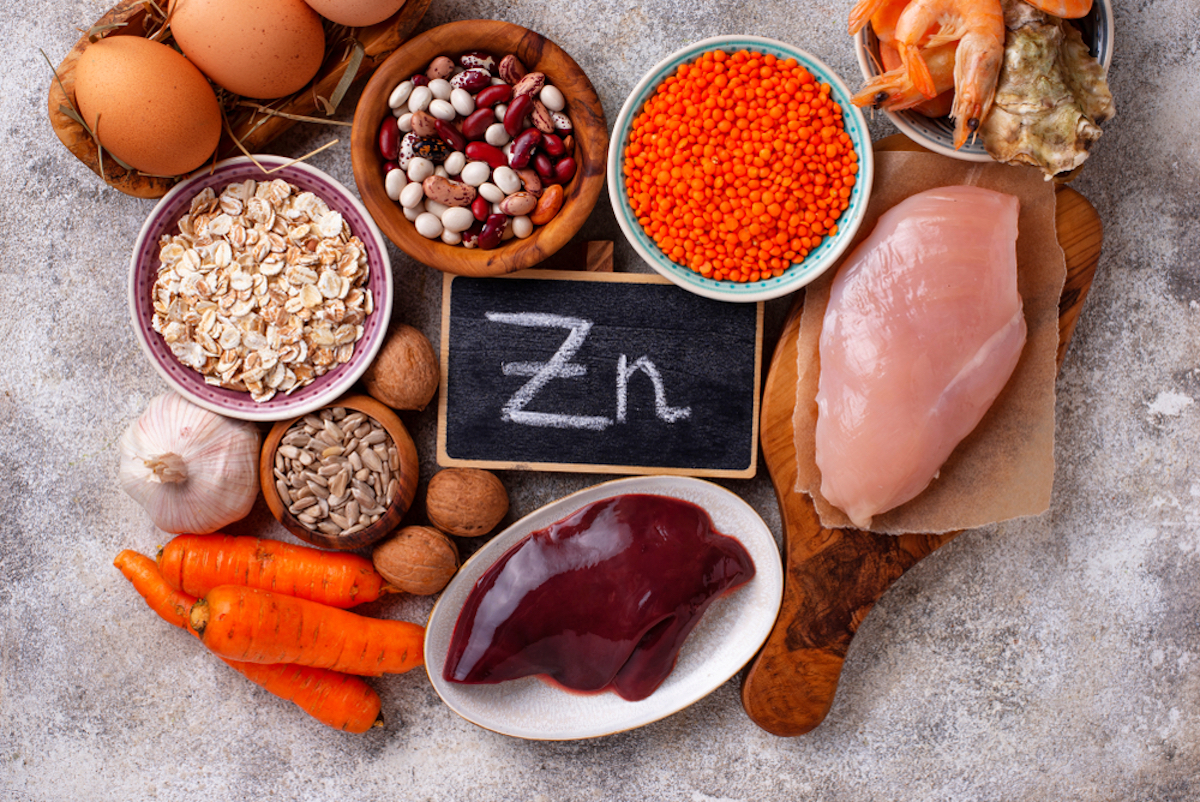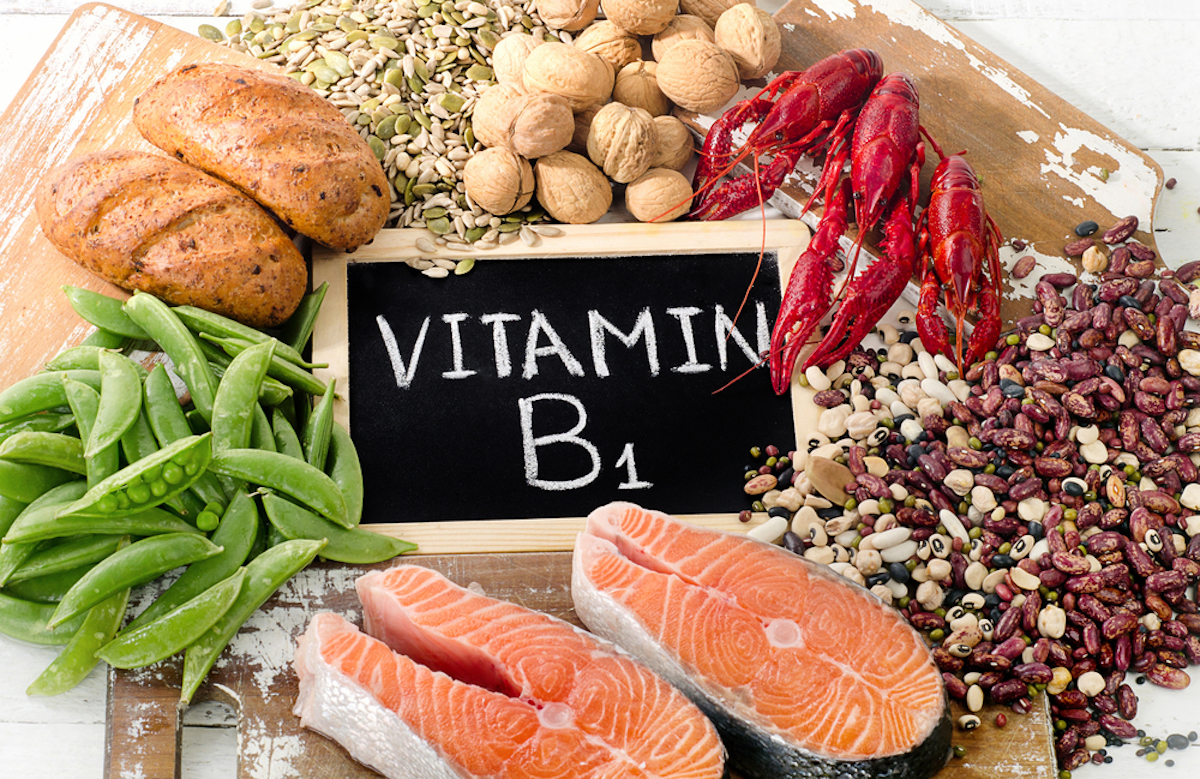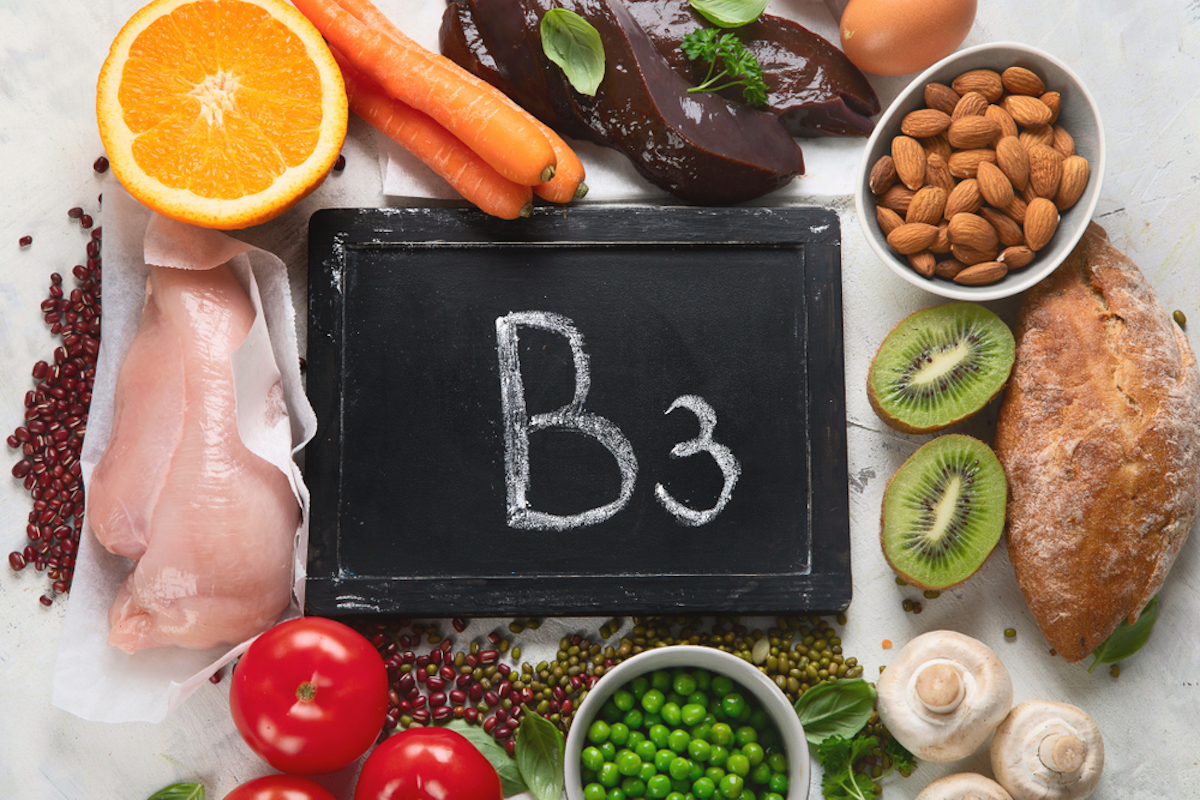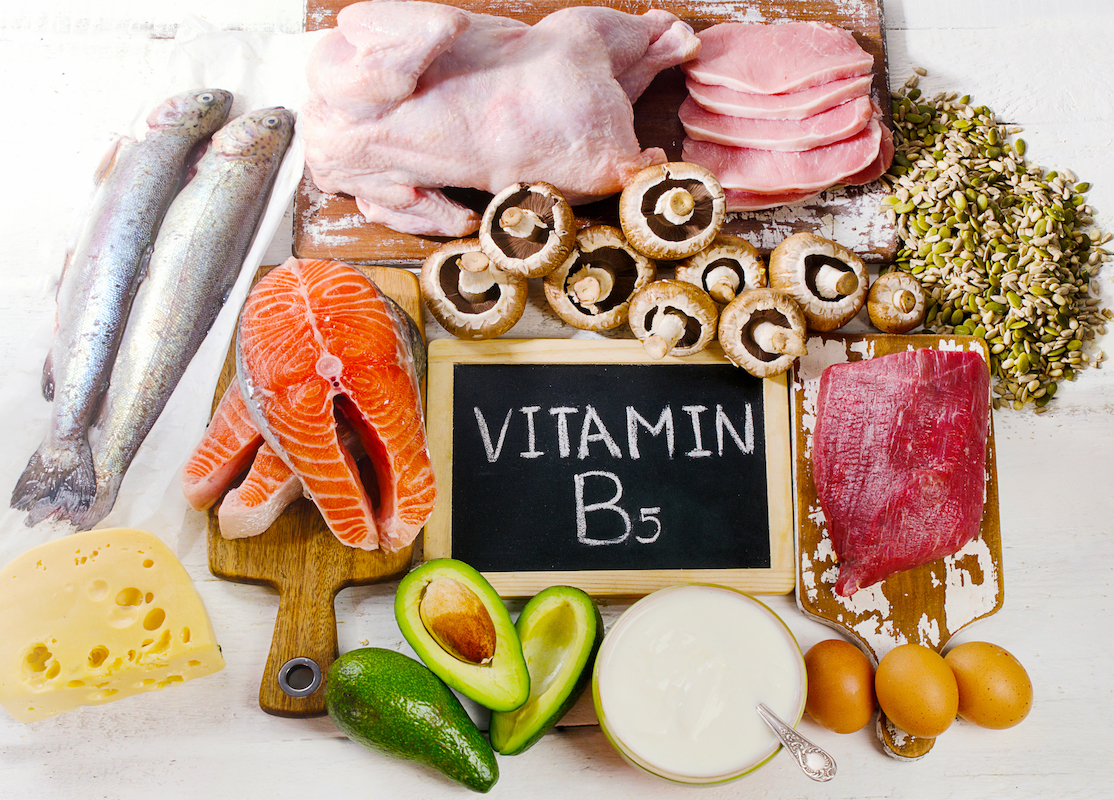The new research out of Spain, which was published in the Journal of Clinical Endocrinology & Metabolism, examined 216 subjects who had been infected with the novel coronavirus and compared them with 197 healthy people in a control group. Bloodwork found that 82.2 percent of the group was deficient in serum 25-hydroxyvitamin D, AKA 25(OH)D, and that the group overall had lower levels of 25(OH)D in their system than the control group. “One approach is to identify and treat vitamin D deficiency, especially in high-risk individuals such as the elderly, patients with comorbidities, and nursing home residents, who are the main target population for the COVID-19,” study co-author José L. Hernández, PhD, from the University of Cantabria in Santander, Spain, said in a statement. “Vitamin D treatment should be recommended in COVID-19 patients with low levels of vitamin D circulating in the blood since this approach might have beneficial effects in both the musculoskeletal and the immune system.” But it’s not just vitamin D that can help keep you safe from a severe brush with COVID. Read on for more dietary necessities that can help you in your fight against coronavirus, and for more factors that could send you to the E.R., check out If You Have These 2 COVID Symptoms, You Could End Up in the Hospital. According to researchers at Augusta University in Georgia, analyses of over 30 other studies into the long-trumpeted immune-boosting vitamin C show that it appears to be lacking in many patients who develop serious cases of COVID-19. Researchers say that coronavirus almost acts as accelerated aging, and that the drop in vitamin C levels elderly patients experience as part of the aging process could be a sign as to why they’re more susceptible as a population to the disease. If you’ve been looking for an excuse to order a dozen oysters, you may be in luck: A study conducted in Spain over March and April found that patients who had higher levels of zinc in their blood were more likely to survive COVID-19 than those who had much lower levels. “It has long been thought that zinc bolsters the immune system,” Len Horovitz, MD, a pulmonologist at Lenox Hill Hospital in New York City, told WebMD. “A possible explanation in this study is that zinc may have an anti-inflammatory effect that is protective.” A report from August by the College of Food and Agriculture at United Arab Emirates University found that B1 improves immune function, can reduce the risk of type-2 diabetes, and can help maintain healthy blood oxygen levels. It’s big news considering that type-2 diabetes has proven to be one of the biggest risk factors in terms of COVID mortality. Research published in the journal Diabetologia in May found that 10 percent of hospitalized COVID patients with diabetes died within a week of being admitted. The same report showed that when combined with UV light, riboflavin has been shown to be effective against the genetically similar MERS coronavirus, “suggesting that it could also be helpful against SARS-CoV-2,” the researchers write.ae0fcc31ae342fd3a1346ebb1f342fcb One of the most serious health issues for patients suffering from severe COVID is inflammation. The condition is usually caused by cytokine storms, which is your body’s overly aggressive immune response that causes it to overproduce the enzymes needed to fight the disease and leads them to attack your own cells instead. That’s where vitamin B3 comes in handy, as research shows that the vitamin helps combat inflammation. The same study on B vitamins also found that B5 has the ability to decrease inflammation and improve mental health. Controlling those factors can be vital when it comes to COVID-19 survival, as has become clear over the past several months. The B vitamin study also points out that low levels of pyridoxine “have been noted in patients with type-2 diabetes, cardiovascular disease, and in the elderly, groups who are at higher risk of poorer COVID-19 outcomes.” The researchers say that supplementing your diet with this vitamin can mitigate COVID-19 symptoms by both regulating your body’s immune response and decreasing cytokines. Folic acid has always been a health booster; it’s a vitamin that helps enzyme production that’s vital in fighting off bacterial or viral infections. So it’s especially important amid the coronavirus pandemic. The authors of the B vitamin study point out among the litany of other benefits that the group has on the body, B12 specifically can help regulate the respiratory, gastrointestinal, and central nervous systems. The novel coronavirus has been known to affect all three of those pivotal areas, including the brain, leading to a whole host of long-term effects like delirium and depression. So, getting in your B12 is key right now.
